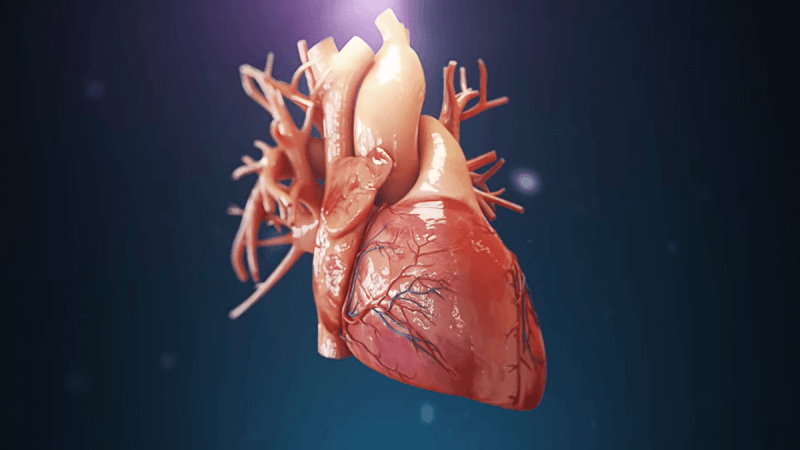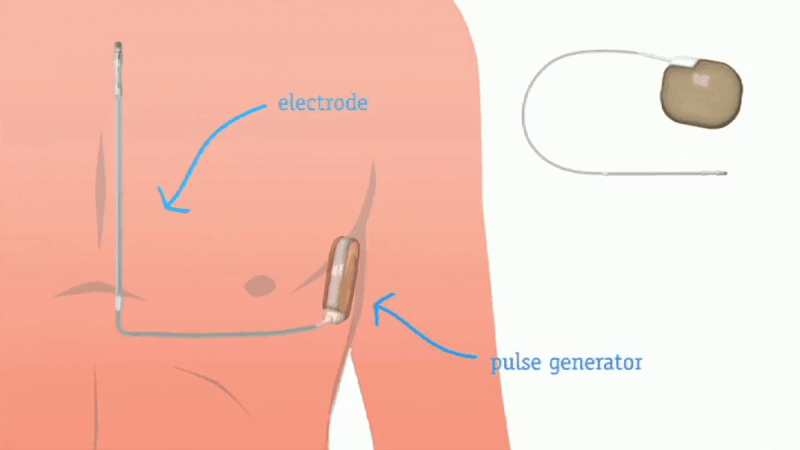Each year, up to 450,000 Americans die of a sudden and deadly cardiac disease, and in little more than one in ten instances, the cause of death remains unknown even after autopsy. A research study published in the journal Jama Cardiology sheds new light on the genetic variations that contribute to sudden cardiac death (SCD), unfolding new avenues of treatment.
Dr Alok Finn, a cardiologist at the University of Maryland School of Medicine, and his colleagues sequenced the genomes of 413 patients who died of sudden unexpected heart failure on average at the age of 41.

The research and its findings
Almost two-thirds of the subjects in the research were men, and approximately half were African Americans. About 20% of patients with unknown sudden cardiac death contained unique genetic variations, the study discovered. Most of them were under 50 years of age.
"What we can do is take DNA from those people's tissues and sequence it for certain cardiac genes," Finn stated.
About 20% of patients who died unexpectedly had previously undiscovered genes associated with potentially fatal arrhythmia or heart failure. None of the individuals who possessed these variations had previously been found with these problems.
Their hearts seemed normal in autopsies, with no evidence of heart failure or severe coronary artery blockage.
"What we discovered opens a door and raises some critical questions," Finn explained. "Should we be screening individuals with a family background of unexpected sudden cardiac death on a routine basis? This type of screening has the power to save lives."
There are presently no established standards for monitoring or treating people with these variations who do not exhibit clinically evident illness.

Other studies done
The New England Journal of Medicine had published a study on sudden cardiac death among children and young adults. Between 2010 and2012, the researchers prospectively gathered clinical, demographic, and postmortem data on all instances of sudden cardiac death in children and young people aged 1 to 35 years in Australia and New Zealand.
The study found 490 occurrences of sudden cardiac death. Coronary artery disease and hereditary cardiomyopathies were the most prevalent explanations
Another research on SCD was published in the journal of Biomed Science, focusing on the genetics of channelopathies and cardiomyopathies.
The article concluded that congenital cardiac channelopathies are primary electrical disorders caused by mutations that affect genes encoding cardiac ion channels or associated proteins, whereas cardiomyopathies are related to mutations in genes that span multiple categories of code proteins, including those of sarcomeres, desmosomes and the cytoskeleton and the atomic layer.

















